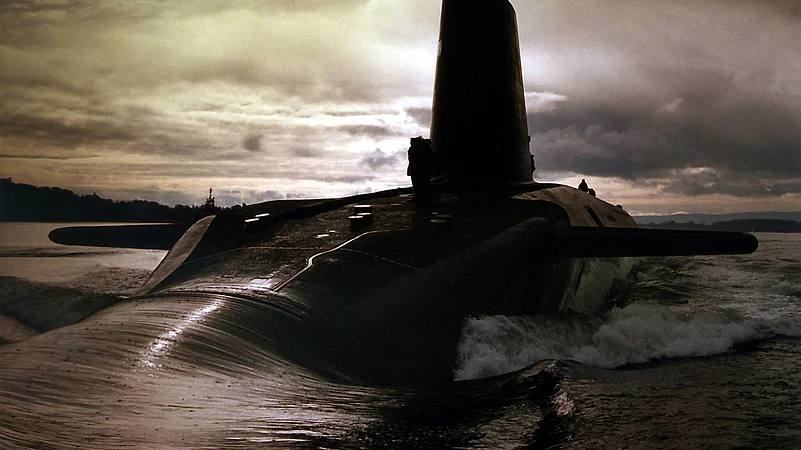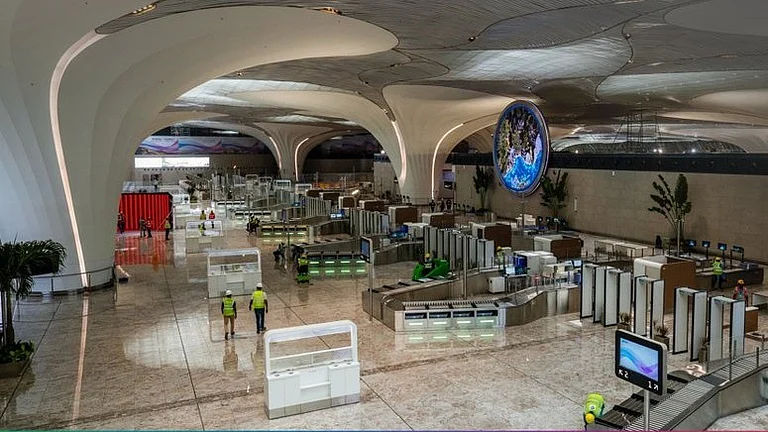
The UK’s Coulport nuclear bomb base leaked radioactive water due to pipe bursts and poor maintenance, releasing tritium into Loch Long.
Official inspection reports show repeated failures by the Navy and delayed Ministry of Defence corrective actions despite serious risks.
Confidential files surfaced after a six-year FOI battle, underscoring environmental concerns around the UK’s nuclear weapon storage.
The armaments depot at Coulport in UK released radioactive water into Loch Long, a sea loch near Glasgow in western Scotland, because the Royal Navy failed to properly maintain a network of 1,500 water pipes on the base, according to The Guardian.
Considered one of the most secure and secretive military sites in the UK, the armaments depot at Coulport on Loch Long holds the Royal Navy’s supply of nuclear warheads for its fleet of four Trident submarines, which are based nearby.
The Scottish Environment Protection Agency (Sepa), a government pollution watchdog, found that the flooding at Coulport was caused by “shortfalls in maintenance”, resulting in the release of “unnecessary radioactive waste” in the form of low levels of tritium, which is used in nuclear warheads.
In 2010, multiple incidents occurred, including one involving radioactive material, followed by pipe bursts in 2019 and 2021. By 2022, the Ministry of Defence’s progress on 23 promised corrective actions was slow and delayed. Inspection reports and emails were shared with investigative outlets The Guardian and The Ferret.
In a report in 2022, Sepa blamed the leaks on the Navy’s repeated failure to maintain the equipment in the area devoted to storing the warheads and said plans to replace 1,500 old pipes at risk of bursting were “sub-optimal”.
Long-Suppressed Leak Uncovered
The leaks are revealed in a cache of confidential inspection reports and emails given to the investigative website The Ferret and shared with The Guardian, which Sepa and the Ministry of Defence fought to keep secret.
Sepa inspection reports, released after a six-year freedom of information battle, indicate that up to half of the base’s 1,500 water pipes were beyond their design life when the incidents occurred. A major leak in August 2019 flooded a nuclear weapons processing area. Contaminated water then passed through an open drain into Loch Long.
Even though Sepa stated that the radioactivity was too low to threaten public health, it criticised the Navy for producing “unnecessary radioactive waste” and for poor asset management.
The Campaign for Nuclear Disarmament reported that the Scottish Pollution Release Inventory revealed that emissions of tritiated water vapour at Coulport were 1.7 billion becquerels (units of radioactivity) in 2018, rising steadily to 4.2 billion units in 2023.
Tritiated water vapour is harmful when inhaled, ingested or absorbed through the skin as its radiation causes cancer and cardiovascular diseases including strokes.

































